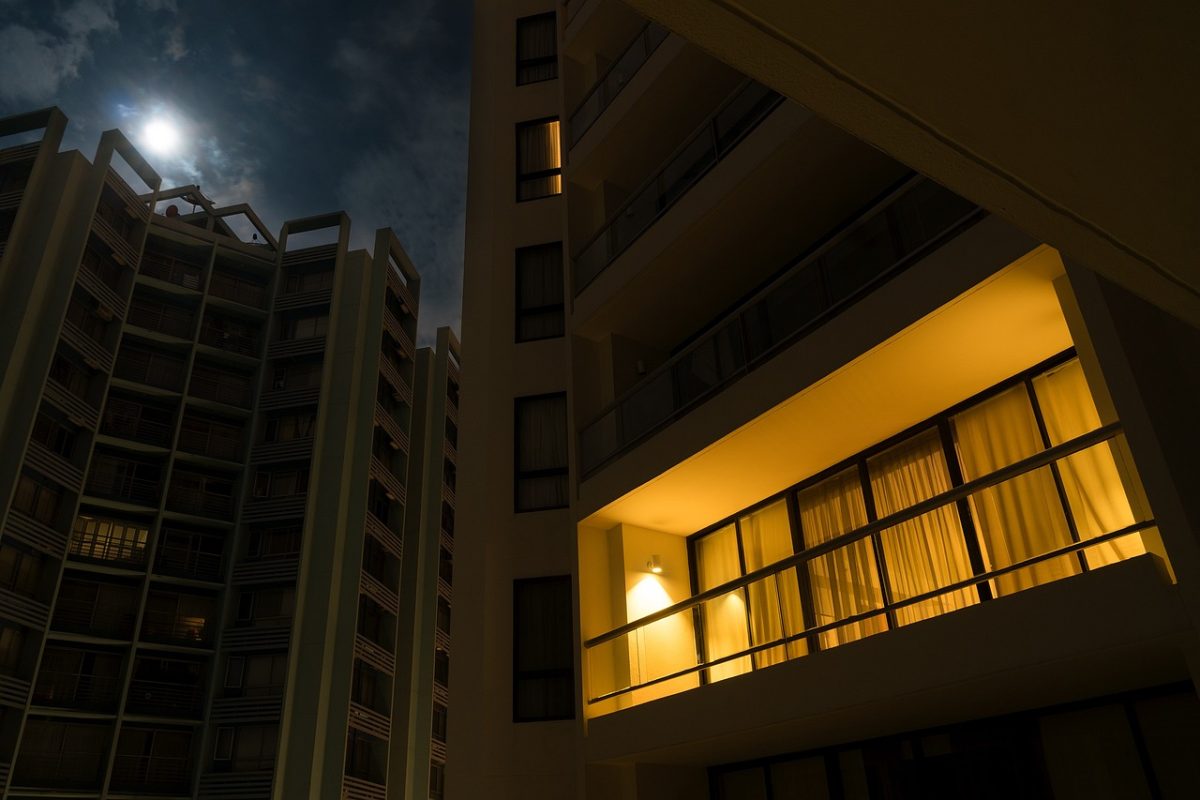Insomnia is a sleeping disorder that is extremely prominent in our society today. Insomnia can be a direct result of irregular sleeping schedules, lifestyle, mental health disorders, medications, age, etc. However, one of the most common causes is stress.
Insomnia is defined as, “persistent difficulty with sleep onset, maintenance, consolidation, or overall quality.” It can occur despite adequate time allotted for sleep on a given night and a comfortable place to sleep. Research shows that one-third to two-thirds of adult’s experience bouts of insomnia, with 10% to 15% reporting daytime impairments caused by fragmented sleep. There are different types of insomnia: short-term, chronic, and sleep apnea.
Stress and the Body
A network known as the hypothalamic-pituitary-adrenal (HPA) axis regulates the body’s hormonal response to stressful situations. The hypothalamus—a cluster of nuclei located in the brain—will instruct the pituitary gland to produce steroid hormones called glucocorticoids. Two of these glucocorticoids are cortisol and adrenaline (also known as stress hormones).
Throughout the day, our body naturally produces cortisol, with differing levels spiking immediately after one wakes up, and it would then gradually decrease throughout the day. Elevated cortisol is the reason why one often feels hyper-alert during a stressful situation.
Stress itself can take on many forms, generally falling into three categories: acute stress, episodic acute stress, and chronic stress.
Types of Insomnia
Short-term insomnia can be defined as someone who experiences insomnia symptoms for fewer than three months, also referred to as acute insomnia. Sudden stressors can trigger short-term insomnia symptoms, and they can even be caused by significant changes made to the bedroom or sleep space. Chronic insomnia occurs when symptoms occur at least three times per week, for at least three months. Persistent stressors can heavily contribute to chronic insomnia; not everyone develops chronic insomnia due to constant stress. However, once chronic insomnia occurs, people often feel anxious about sleeping and other aspects of their lives. This would in turn increase day-to-day stress, exacerbating insomnia symptoms. Sleep apnea is hypertension, heart disease, diabetes, and other medical conditions often attributed to stress. This is a sleep disorder where breathing repetitively starts and stops.
How to manage stress and sleep while stressed
Getting enough sleep on a nightly basis would alleviate stress pretty effectively. However, if sleep problems are a major source of your day-to-day anxieties, there are other measures you can take to relieve stress. These include regularly exercising and maintaining a healthy network of support around you.
How can we sleep while stressed? Maintaining a healthy work-life balance can prevent the internal causes of certain stressors. Proper sleep hygiene, keeping a strict sleep schedule, putting away electronics before bed, and avoiding alcohol, nicotine, and caffeine are ways that one can have better sleep even with stress. If you find yourself lying in bed and have not fallen asleep within 15 to 20 minutes of going to bed, try relocating to another area for a relaxing activity such as reading, meditating, or listening to calming music. Avoid checking your phone and looking at the clock. Most importantly, if your sleep problems persist, see your doctor about the diagnosis and treatment of your insomnia symptoms.

